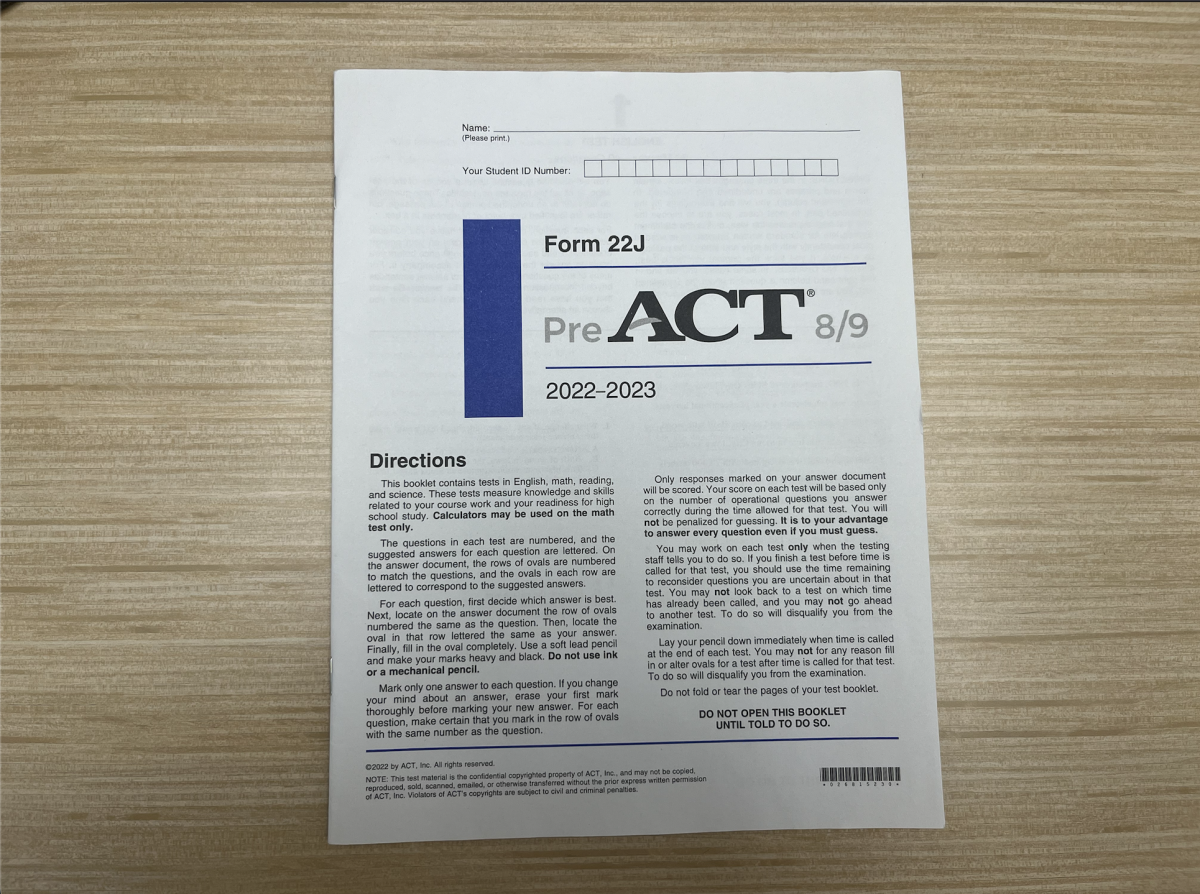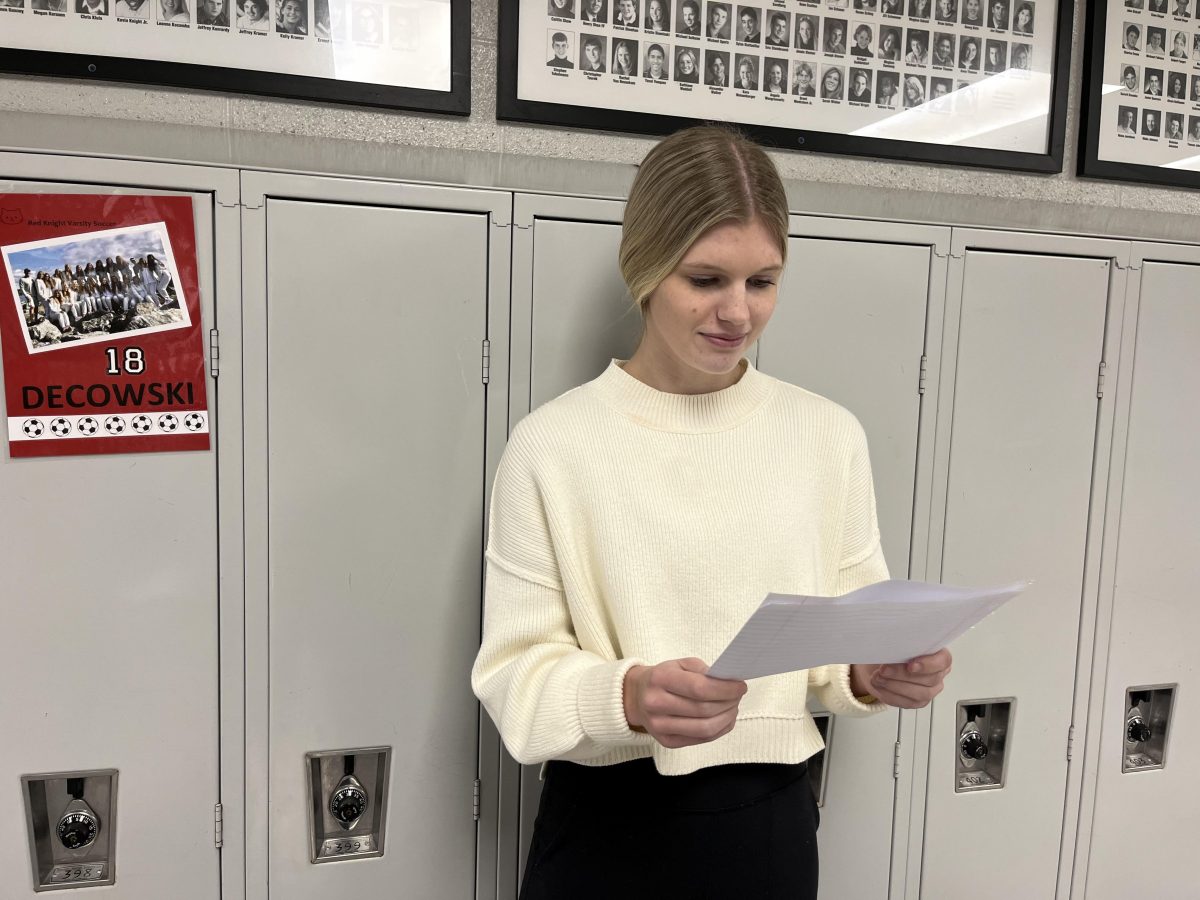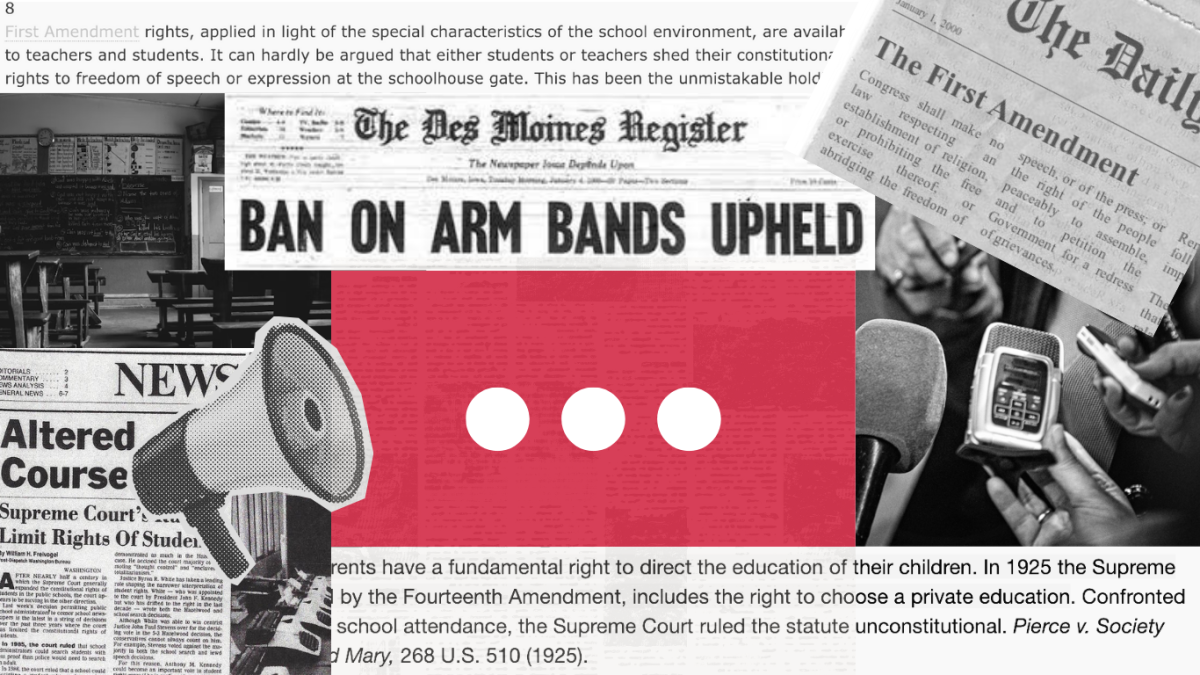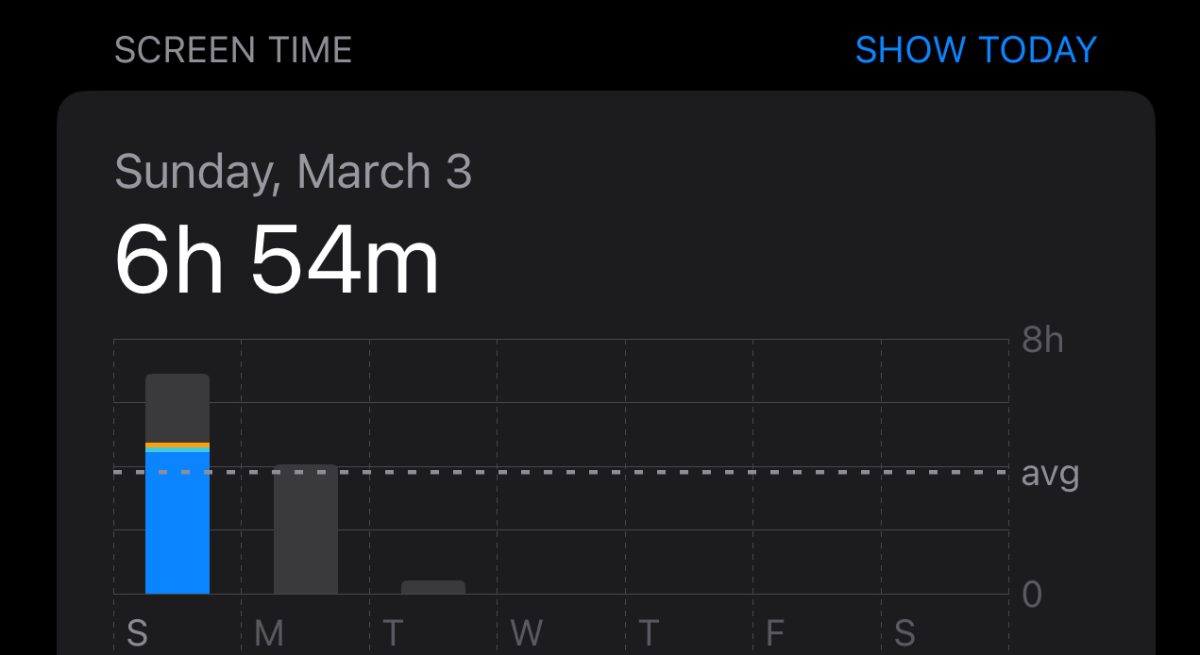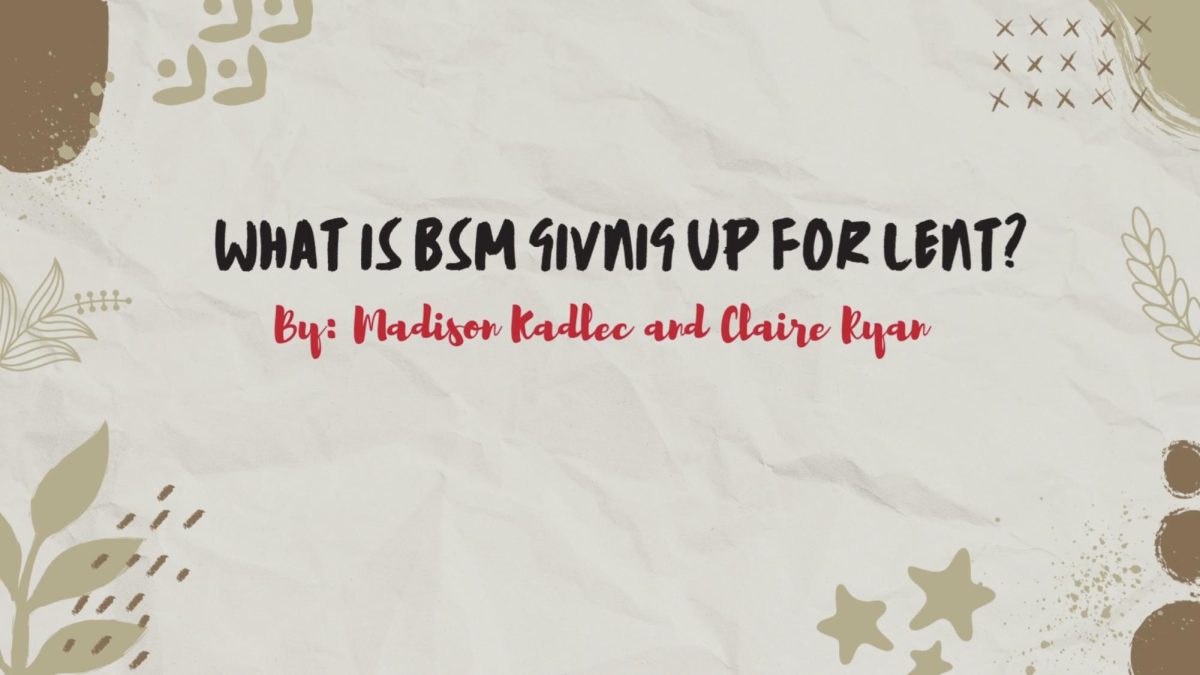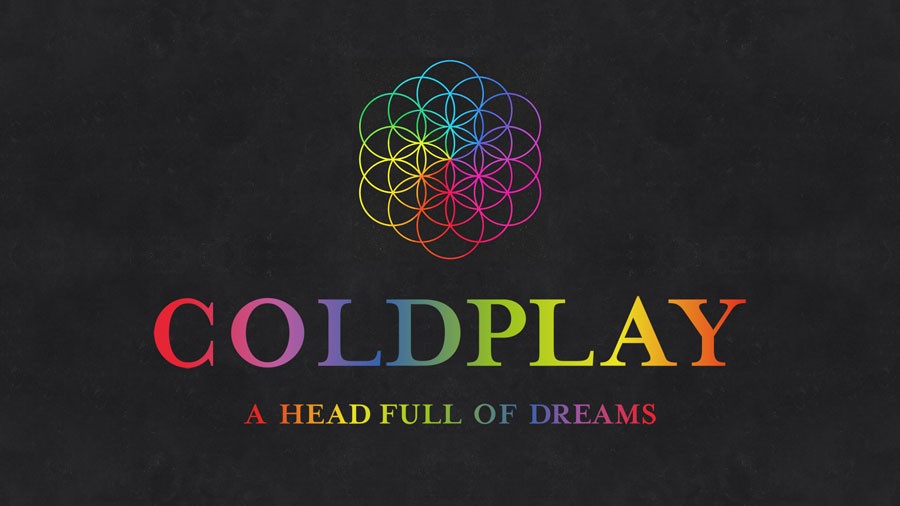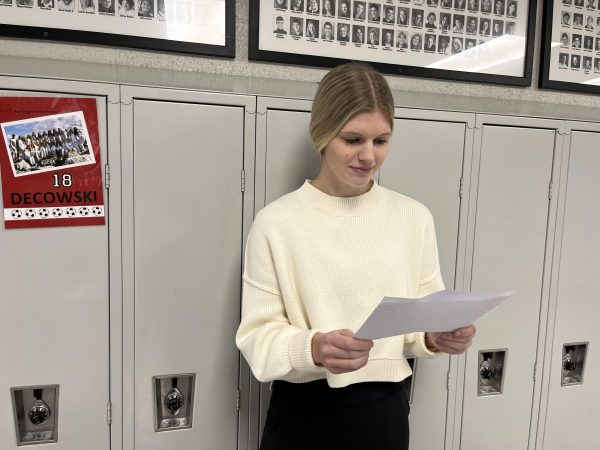Coldplay drops cheerful, yet painfully bland final album “A Head Full of Dreams”
“A Head Full of Dreams” is Coldplay’s desperate final attempt to appeal to its giant fan base by creating a happy pop album.
Dragging themselves out of the mud-pit that 2014’s “Ghost Stories“ left them in, Coldplay has returned after just a year’s break with “A Head Full of Dreams,” self-described as the band’s final record. While “Ghost Stories” gave listeners failed attempts by frontman Chris Martin to innovate sad break-up music, “A Head Full of Dreams” is a similar experiment, this time in the vein of buoyant pop music.
“A Head Full of Dreams” is a deafeningly optimistic collection of songs, an escapist’s haven where there is no idea of darkness. Martin’s lyrics on this record maintain a certain level of vagueness to prevent listeners from hearing anything but something along the lines of: “I’m happy, so you can be too.” And while most of Coldplay’s records have been optimistic in their nature, this album takes this idea to a new, frightening level as Coldplay blindly tries to satisfy every member of their massive fanbase.
Martin’s lyrics on this record maintain a certain level of vagueness to prevent listeners from hearing anything but something along the lines of: “I’m happy, so you can be too.”
— Alec Lawrenz
The resulting effect is an uninspiring yet easily-likable record; a final testament to their ability to make music for the masses. The missing piece on this record seems to be the same ingredient that made so many of Coldplay’s earlier records so intriguing––the passion at the heart of their traditional pop songwriting. Coldplay’s most popular early songs, “Fix You” and “The Scientist,” were no party songs, but instead honest, hopeful anthems in which Martin openly addresses grief and adversity, not hides from them as he has on “A Head Full of Dreams.”
The record opens with a woozy title track, which anchors upon guitarist, Jonny Buckland’s current riff of choice, a wobbly high-pitched jangle featured on a number of songs on this record. The title track is followed by the upbeat, melodic “Birds,” the most interesting listen on “A Head Full of Dreams,” with its jumpy, drum machine beat, well-paced bassline, and glimmering chorus synth track. “Birds” then awkwardly transitions into the hedonistic party anthem, “Hymn For The Weekend,” which features Beyonce and could very well be a reject Jessie J or Christina Aguilera single with its horn-backed pre-chorus.
Midway through, the record hits a lull on the underwhelming piano ballad, “Everglow,” featuring Martin’s ex-wife Gwyneth Paltrow on backing vocals as well as one of Coldplay’s most boring melodies. It’s almost impossible to believe that Martin could have written it, considering his historically abnormal strength in developing catchy melodies. The rest of the record echoes with “Everglow”-like lulls; “Army of One,” “Amazing Day,” and “Up&Up” are just barely distinguishable from one another, each with the same dragging beat, ebbing synth part, and lyrics that ponder the comforts of being with the one you love.
On the last thirty seconds of “A Head Full of Dreams,” Martin sings the lyrics—“don’t ever give up”—a misty, ambient noise fades in, and the past 45 minutes and 45 seconds feel like a wasted opportunity—for Coldplay, for myself, and for their millions of fans.





